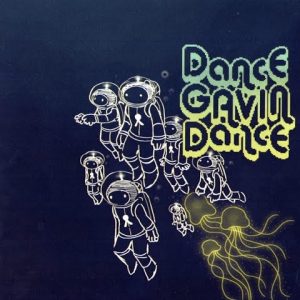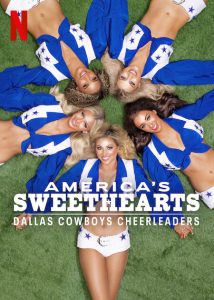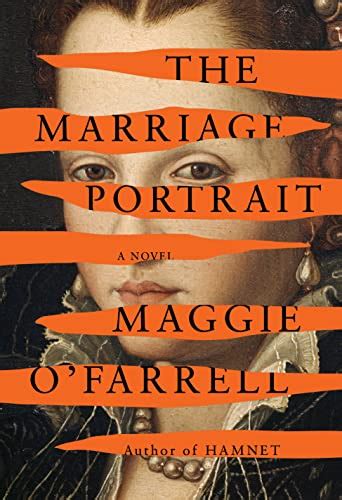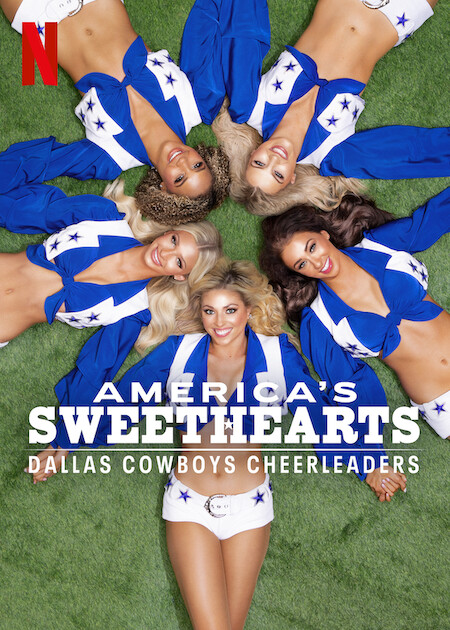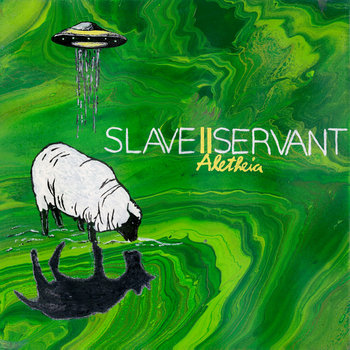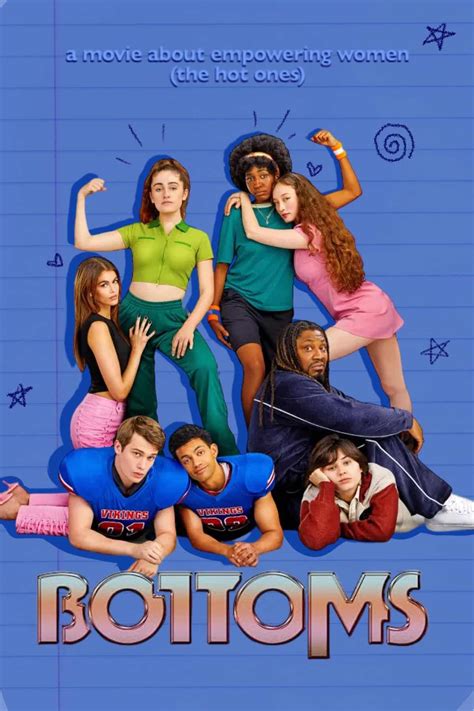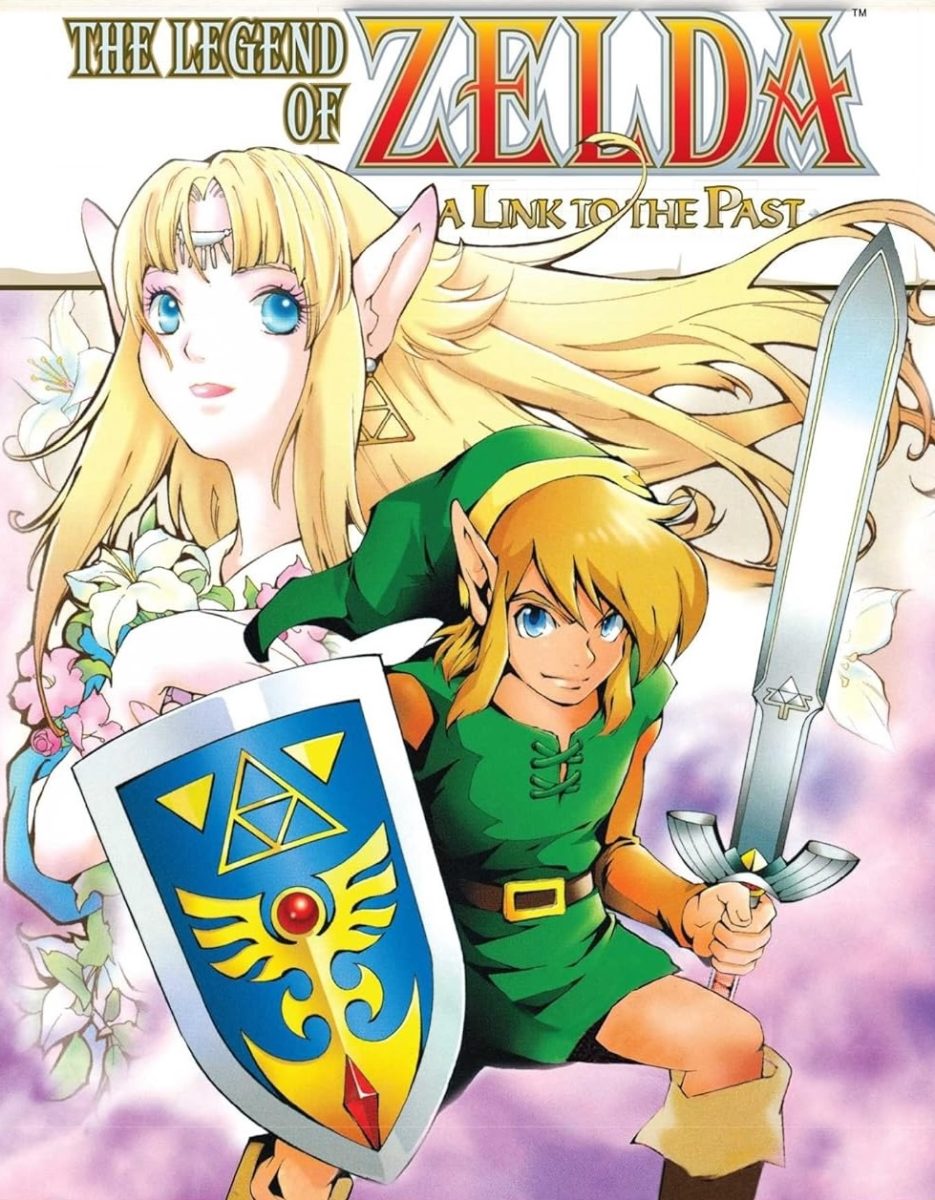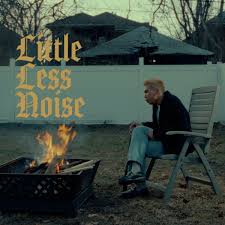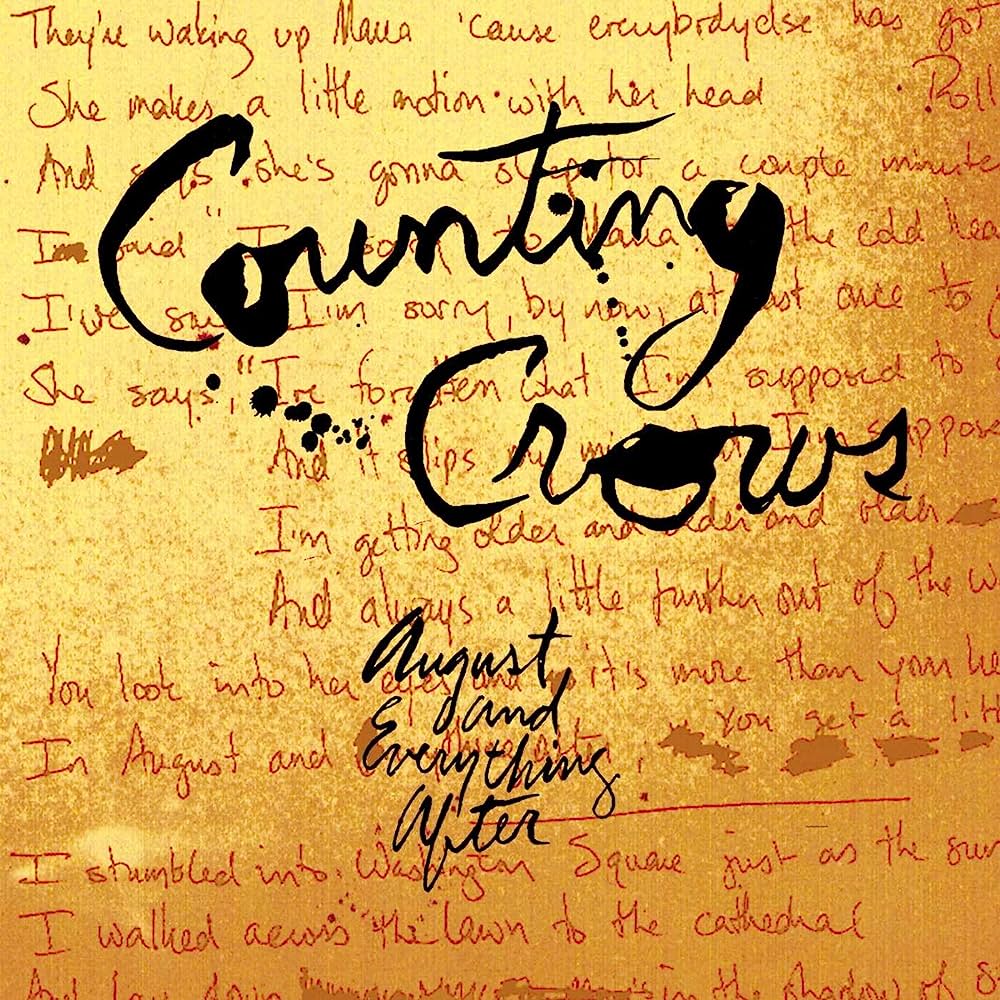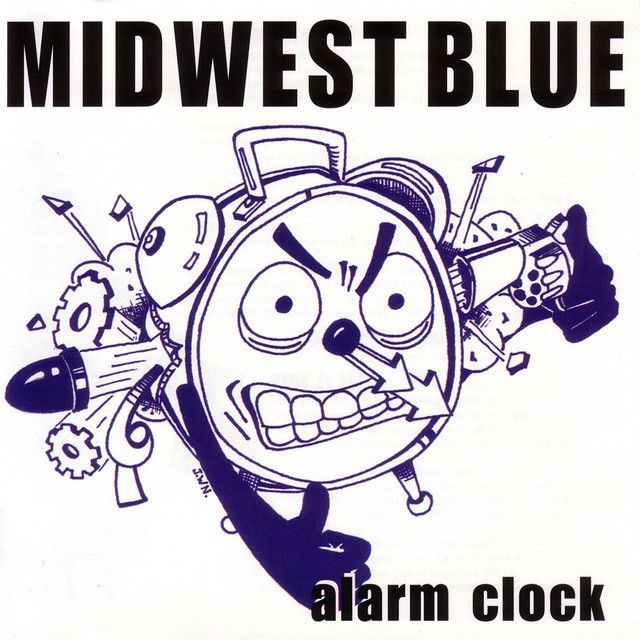Music is manipulative. It’s an idea I am constantly reminded of when I am plugging my headphones in to drown out the world. Whether I decide to play something upbeat, aggressive, sullen or outright depressing, music has a way of seeping straight into the emotion I feel. The nature of a melody’s ability to fill the gaps add context to not just the feeling, but where the feeling derived from.
Lyrics derived from personal memories often compose an atmospheric narrative aided by the melody of a song. While at times it can create wonderful nostalgia, if done too often it can weigh down the art. The point of art and stories is relatability, but when art is only the story it emulates, the attempt is no longer valid It’s lost the relative point of access.
Even though many people would argue that’s what Counting Crows did in the early ‘90s with their breakthrough album, the album needed fine tuning for an influential release for the decade.
“August and Everything After” is the debut album by San Francisco Alternative Pop/Rock quintet, Counting Crows. The album was released on Sept. 14, 1993, on the major label, Geffen Records. The album is a quintessential ‘90s alternative rock album with all the notable musical requirements – fine tuned instrumentals, emphasis on melody, simple and relatable lyrics and an eclectic approach to music. There is a ton of artistry taken into account by vocalist and main songwriter, Adam Duritz, whose composition style is a blend of reflective narrative and vulnerable lyrics pre-paired with melodies. However, it is also what weighs the album down, being too attached to an idea and not refining music that does not work.
The album suffers from sporadic moments of musical nuance with the rest of the album being filled with low-effort slow rock songs that make it difficult to get through its second half except for one song. While musical underdevelopment continues to muddle the album up, the insistence on centering each song around a story reduces the artistry of the track.
“Round Here” is an absolutely wonderful, exhibition of the musical potential of the band. The composition of the song is tight, Duritz’s lyrics are reflective and weave a relative narrative from the point of being stagnant in a chaotic society, too busy to pay attention to that which is around them. Duritz’s narrative lyrical ingenuity shines with the chorus sung, “Maria came from/Nashville with a suitcase in her hand/She said she’d like to meet a boy who looks like Elvis/And she walks along the edge/Of where the ocean meets the land/Just like she’s walking on a wire in the circus.” The track’s melody subtly builds to a climax with Duritz’s lyrical material adhering to prose recitation towards the end of the track and sung at a higher pitch. It’s just a well-rounded track.
“Omaha” is a modernized take on the sea shanty mixed with musical elements of a country rock track. Duritz once again leads the track with a somber telling of traveling the country with unique, cinematic sights of the country roadside. The melodies and background track are well developed and easily transition from chorus to verse and a lute and accordion perfectly creating a living experience.
“Mr. Jones” is not only the first single from the album, but definitive of the ‘90s alternative rock bands. The beat is faster paced, the guitar riff is polished and simplistic, but it still carries the track effectively and Duritz’s vocal performance is noteworthy for the time. It’s not a voice that is necessarily heard as gritty and off point., The pitch is still on key, especially when Duritz goes into higher pitches.
“Anna Begins” is where the album begins to unravel. The track attempts to implement a mixture of spoken word and sung lyrics as the music is that of a background bar room rock jam. The music is discombobulated and sounds as though Duritz is attempting to read a novel over his band. Only till the end of the track does the music and Duritz’s vocals pair well, and by then the listener has already tuned out.
“Rain King” breaks up the mundanity of the end of the latter half of the album. Another single, faster paced and well composed, noting Duritz’s multifaceted musicianship on keys. The track’s lyrical intricacy employs a metaphor that highlights Duritz’s writing once again. While at times the narrative structure proves more problematic than useful, the song talks about life being purgatory and being stuck between privilege and the downsides of humanity. The chorus reads, “Don’t try to bleed me/’Cause I’ve been here before and I deserve a little more/I belong in the service of the Queen/I belong anywhere but in between/She’s been dying/And I’ve been drinking and I am the rain king/’Cause I say I am the rain king/’Cause I say I am the rain king, yeah.” With the melodic layering of guitarist David Bryson’s lead riff and the lute in the background, the song is a redeeming effort of the back half of the album.
“Sullivan Street Feat. Maria McKee” plays like a cinematic memory. However, there is zero complexity or depth. Duritz once again leans heavily into narrative driven art and writes another slow bar jam. Featuring vocals with the founding member of the country rock band, Lone Justice, Maria McKee, whose performance adds some unique sounds to the song, the effort is filler.
“A Murder Of One” concludes the album on a better than low note. While employing classic ‘90s rock elements – bouncy, emo beat, bass-led melody and an emphasis on catchy choruses the track unfolds with wonderfully woven vignettes of melodies. The lyrics employ the nursery rhyme from which the band derived their name as an added artistry note; “One for sorrow/Two for joy/Three for girls and four for boys/Five for silver/Six for gold and/Seven for a secret never to be told.”
While there are a few tracks on this album that make the album worth listening to, Durtiz relies too heavily on the lyrical material to make up for undeveloped musical efforts on the album. For as quintessential the album is to ‘90s alternative rock, it’s surprising how simplistic some tracks are considering how on the independent market of Midwestern emo and punk were incorporating much more sounds at a faster pace and with greater experimental risks. While lacking in some parts, the album is a nice piece of reminiscence.
3/5



